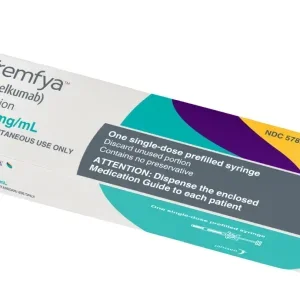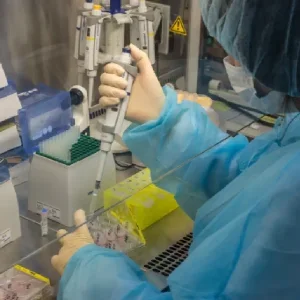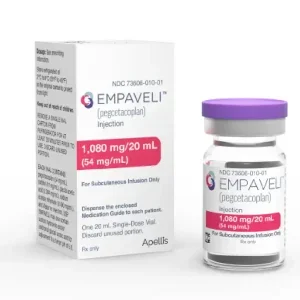Novartis has signed a collaboration and licence agreement Drugs for Neglected Diseases initiative (DNDi), a not-for-profit research and development (R&D) organisation, to jointly develop LXE408, as a potential new oral treatment for visceral leishmaniasis.
Novartis said that its LXE408 has been discovered through financial support from the Wellcome Trust, and its collaboration with DNDi is aligned with a broader program with the Wellcome Trust and other partners to develop new therapies to treat visceral leishmaniasis.
Novartis global health chief operating officer Lutz Hegemann said: “Novartis has a long-term commitment to neglected tropical diseases that spans several decades. Diseases caused by kinetoplastid parasites, such as leishmaniasis, are one of our strategic research priorities and, together with our partners, we have developed a promising portfolio of drug candidates.
“We are excited to collaborate with DNDi to reimagine treatment options for people with leishmaniasis around the world.”
Visceral leishmaniasis will cause fever, weight loss, spleen and liver enlargement
Under the terms of the agreement, Novartis will complete the Phase 1 clinical trials, drive pharmaceutical development and regulatory submissions.
DNDi will lead Phase 2 and Phase 3 clinical development. The first Phase 2 study is planned to start in early 2021 in India, while additional trials are planned to take place in East Africa, where the prevalence of visceral leishmaniasis is high.
Once LXE408 is approved, Novartis will distribute the drug across the world, with a focus on maximising access in endemic countries, on an affordable basis.
Visceral leishmaniasis, also known as kala-azar, is the most serious form of leishmaniasis, which causes fever, weight loss, spleen and liver enlargement, and maybe fatal if left untreated. The disease is transmitted by the bite of a sand-fly.
The treatment of the disease is complex, due to the dependency on the species of infecting parasite and the treatment responses differ from region to region.
DNDi executive director Bernard Pécoul said: “Existing treatments for visceral leishmaniasis are simply not good enough. They are too long, increasingly ineffective, and can be toxic, painful, and costly.
“Our hope is to radically transform this by developing new oral drugs that are affordable, safe, effective, easy to take, and can also be adapted to meet the treatment needs of patients in different countries.”






